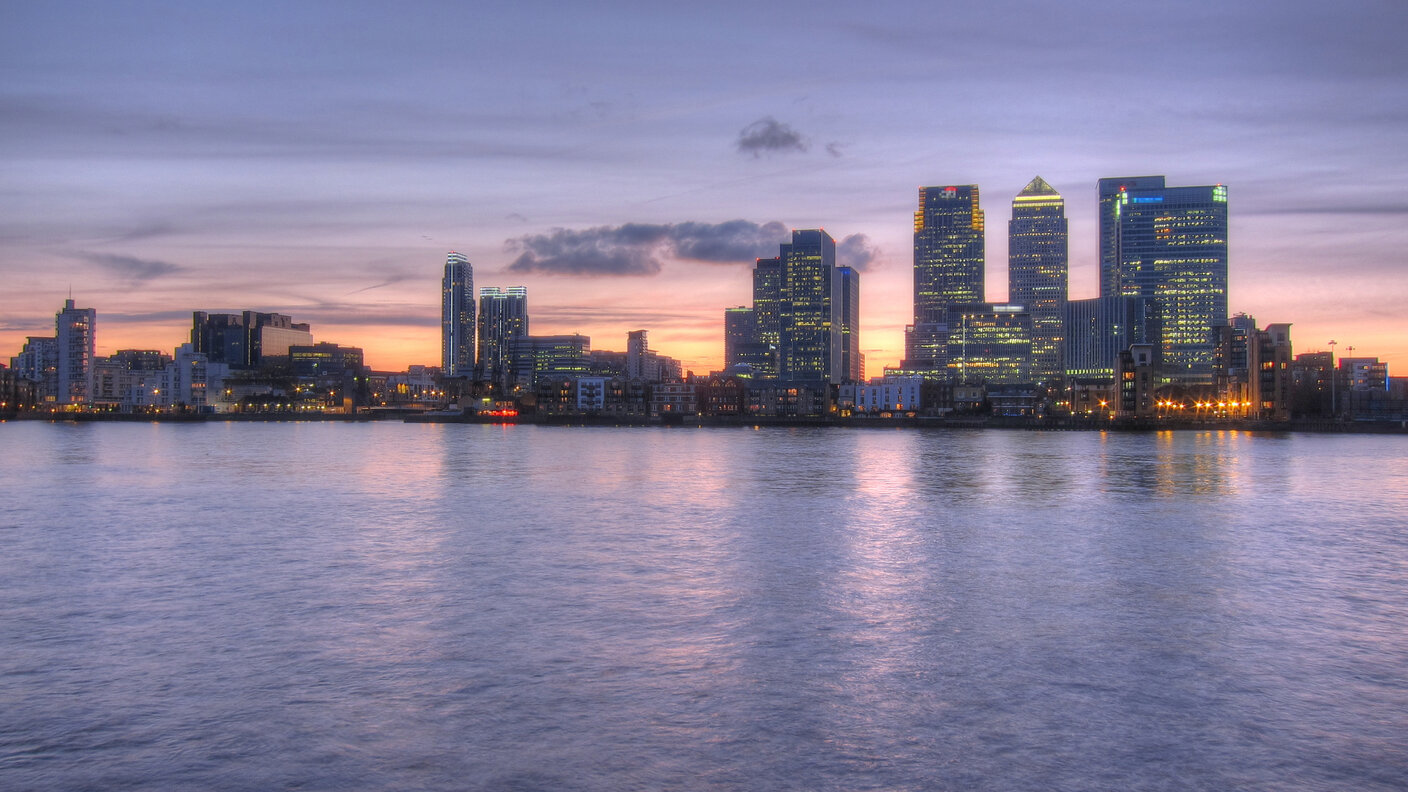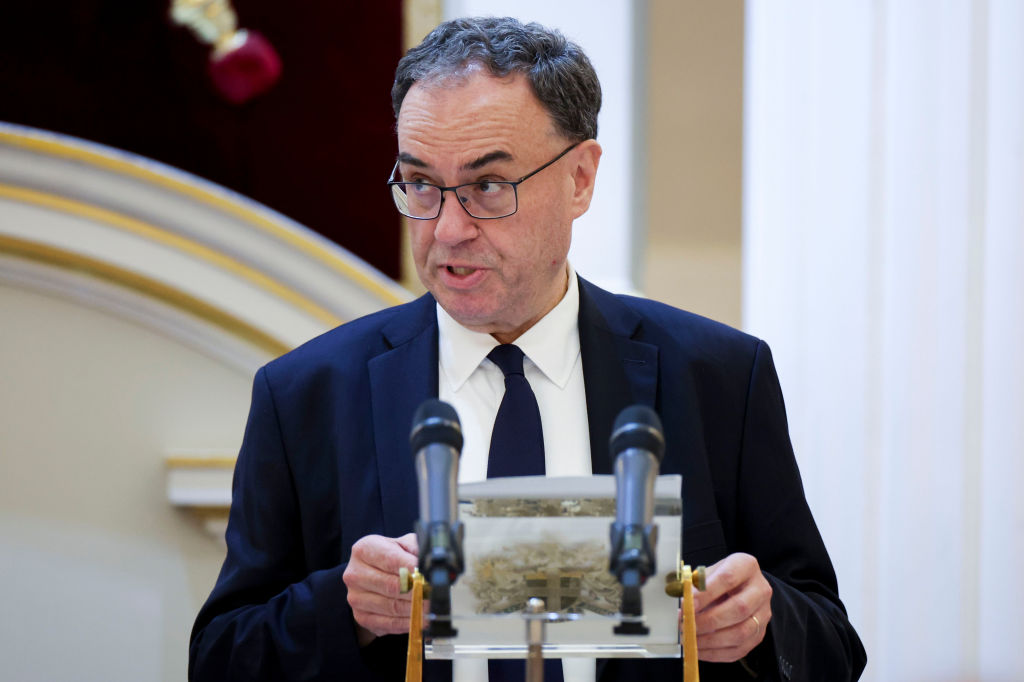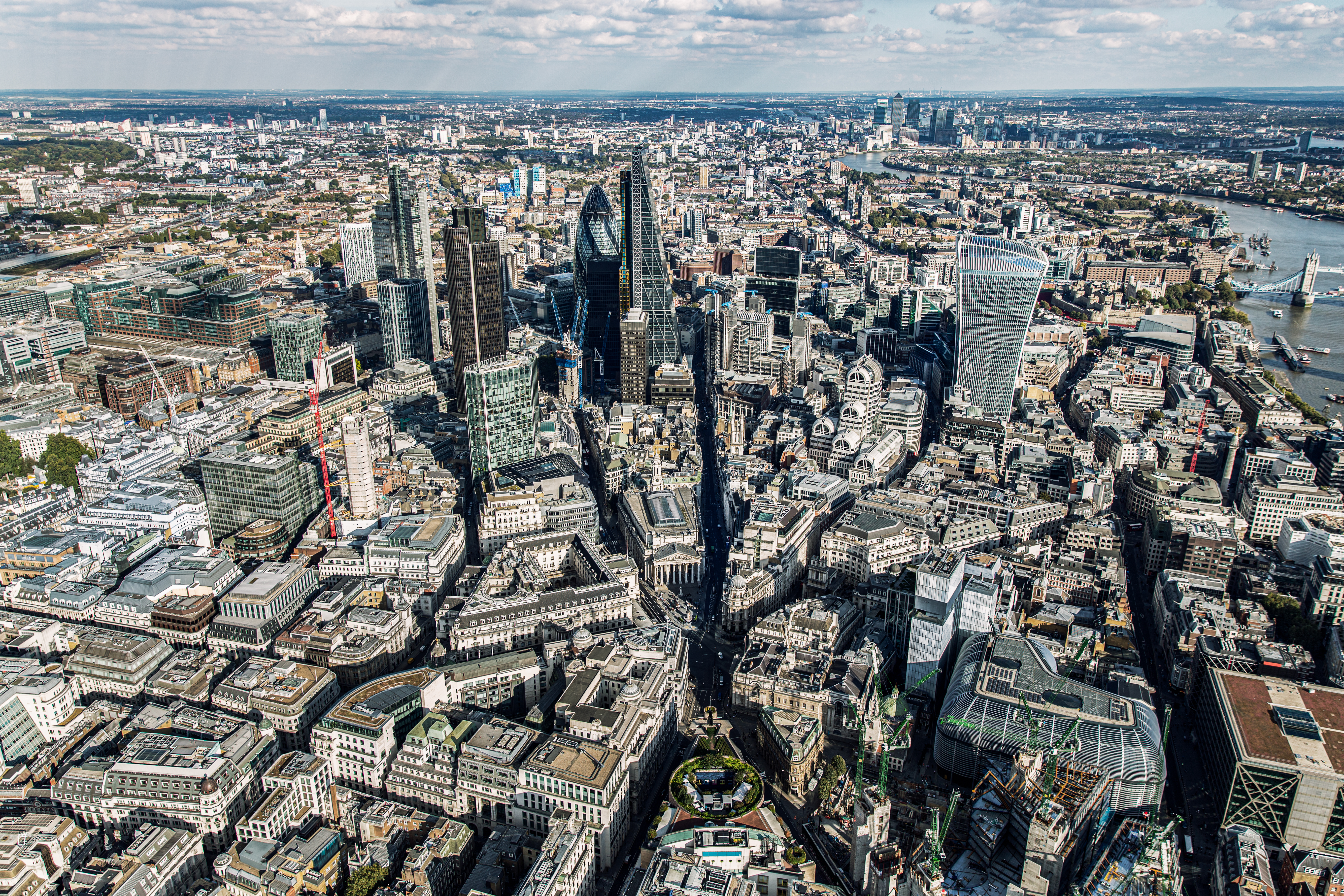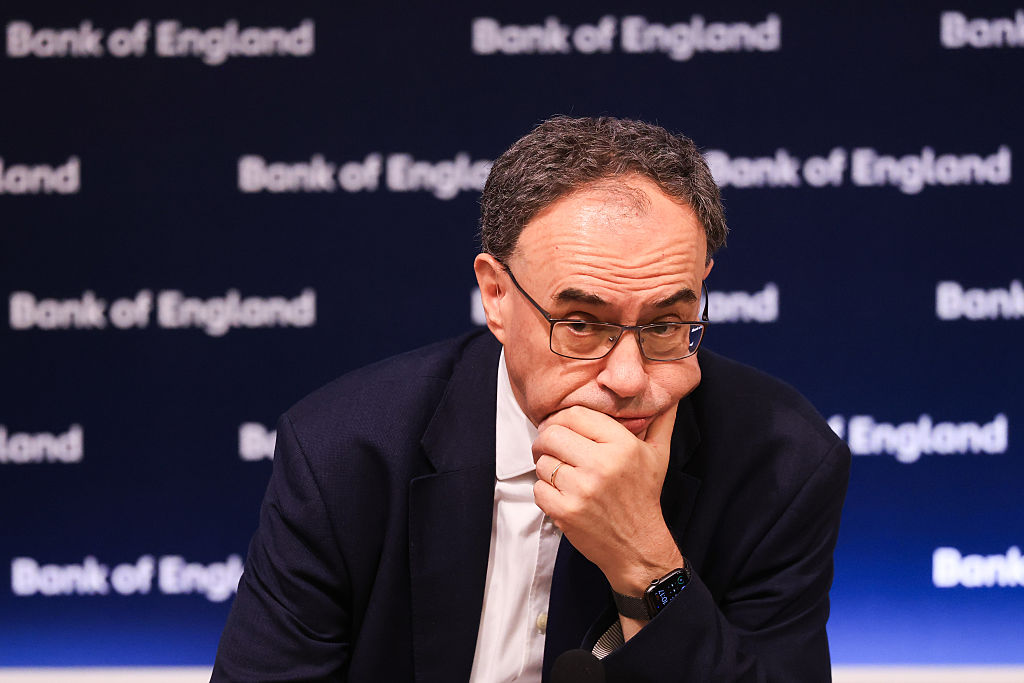ONS: UK economy shrank 0.3% in March
The latest data from the ONS showed falling car and retail sales combined with industrial action caused GDP to contract in March. However, the economy expanded by 0.1% in the first quarter overall.


Get the latest financial news, insights and expert analysis from our award-winning MoneyWeek team, to help you understand what really matters when it comes to your finances.
You are now subscribed
Your newsletter sign-up was successful
Want to add more newsletters?
The UK economy grew slightly in the first quarter of the year but underperformed in March, figures from the Office for National Statistics show.
The ONS recorded gross domestic product (GDP) grew 0.1% in the first three months of 2023. But in March the economy shrank by 0.3% due to a fall in the services and retail sectors as the cost of living crisis hurt consumers.
The GDP data follows the Bank of England’s (BoE) latest base rate announcement, where it also released fresh forecasts for the economy in which it upgraded its outlook for the UK’s GDP over the coming year.
Try 6 free issues of MoneyWeek today
Get unparalleled financial insight, analysis and expert opinion you can profit from.

Sign up to Money Morning
Don't miss the latest investment and personal finances news, market analysis, plus money-saving tips with our free twice-daily newsletter
Don't miss the latest investment and personal finances news, market analysis, plus money-saving tips with our free twice-daily newsletter
The BoE had previously predicted the UK would enter a year-long recession, but it admitted the economy had “turned out to be more resilient” than expected, and that it no longer expected the UK to enter a recession at all.
Instead, it expects the UK economy will grow 0.25% this year.
What is affecting UK GDP growth?
The services sector fell 0.5% in March and was the main contributor to the fall in monthly GDP. The biggest fall was recorded in vehicle sales, but the arts, entertainment and recreation sector posted the most growth. Real estate activities also posted growth.
Output in consumer-facing services fell 0.8% in March following growth of 0.4% in February due to widespread industrial action.
But the production sector output grew 0.7%, the strongest monthly growth since May 2021. Manufacturing also grew 0.7%, and was the largest contributor to growth for the month.
Where next for the UK economy?
“The UK appears to be stuck in limbo,” says Jonathan Moyes, head of investment research at Wealth Club. “This is the third broadly flat quarter for GDP in a row. Whilst the data suggests the UK is performing far better than most expected last year, it remains a challenge to reconcile how the UK economy can escape a recession after such a steep rise in interest rates.
“Nonetheless, whilst strike action continued to affect the data, particularly for services, manufacturing and construction are clearly pockets of strength. If confidence surveys are to be believed, there has been a notable uptick in services in April, which may give a boost Q2 numbers.”
The economy should also be helped by forecasts of falling energy prices as well as increased household spending, says Sophie Lund Yates, lead equity analyst at Hargreaves Lansdown.
But still, challenges remain. “There’s no sugar coating the fact that growth remains very sluggish – the UK is hardly on course to shoot the lights out this year. The main issue is that inflation is set to fall more slowly than expected, partly because of the unprecedented rise in supermarket prices,” she adds.
Indeed, the BoE expects inflation to remain above its 2% target until 2025 and indicated the prime minister’s promise to halve inflation by the end of the year looked tough in the face of sticky food inflation.
“The labour market also remains very tight, and high levels of job security makes for more money pumping around the system,” continues Lund-Yates. “This all leads back to the fact interest rates will have to rise again to bring inflation in line. As things stand, the average household may have to pay £200 extra a month on mortgages, and that could have real implications for the housing market, and by proxy, banks and housebuilders, in the not-too-distant future.”
Get the latest financial news, insights and expert analysis from our award-winning MoneyWeek team, to help you understand what really matters when it comes to your finances.
Nic studied for a BA in journalism at Cardiff University, and has an MA in magazine journalism from City University. She has previously worked for MoneyWeek.
-
 Do you face ‘double whammy’ inheritance tax blow? How to lessen the impact
Do you face ‘double whammy’ inheritance tax blow? How to lessen the impactFrozen tax thresholds and pensions falling within the scope of inheritance tax will drag thousands more estates into losing their residence nil-rate band, analysis suggests
-
 Has the market misjudged Relx?
Has the market misjudged Relx?Relx shares fell on fears that AI was about to eat its lunch, but the firm remains well placed to thrive
-
 Why investors can no longer trust traditional statistical indicators
Why investors can no longer trust traditional statistical indicatorsOpinion The statistical indicators and data investors have relied on for decades are no longer fit for purpose. It's time to move on, says Helen Thomas
-
 Unemployment remains at five-year high as wage growth continues to slow
Unemployment remains at five-year high as wage growth continues to slowUnemployment in the UK held at 5.1% in the three months to November as wage growth fell again month-on-month.
-
 Is the Office for National Statistics fit for purpose?
Is the Office for National Statistics fit for purpose?Britain’s statistics authority, the Office for National Statistics, is increasingly unfit for purpose. Why, and what can be done?
-
 UK inflation forecast: where are prices heading next?
UK inflation forecast: where are prices heading next?UK inflation fell sharply in January. Is price growth expected to fall further in 2026, and when will inflation go back to the 2% target?
-
 Uncertainty ahead of the Budget causes house price growth to stall, says Rightmove
Uncertainty ahead of the Budget causes house price growth to stall, says RightmoveProperty website Rightmove says asking prices increased by just 0.3% in October, well below the 1.3% average for the month
-
 ONS: UK economy grew by ‘lacklustre’ 0.1% in final quarter of 2025
ONS: UK economy grew by ‘lacklustre’ 0.1% in final quarter of 2025The construction sector performed its worst in more than four years in the final quarter of 2025, the latest Office for National Statistics (ONS) GDP figures show
-
 UK inflation: What are the Consumer Price Index release dates?
UK inflation: What are the Consumer Price Index release dates?The UK’s inflation reports are published monthly. When do they come out and where are prices heading?
-
 When is the next Bank of England base rate meeting?
When is the next Bank of England base rate meeting?The Bank of England held interest rates at 3.75% in February 2026. When is the next Monetary Policy Committee meeting and will interest rates fall further this year?
